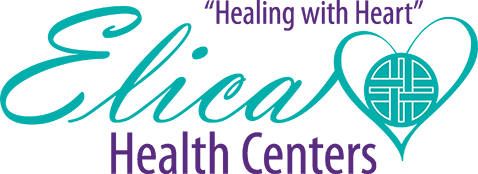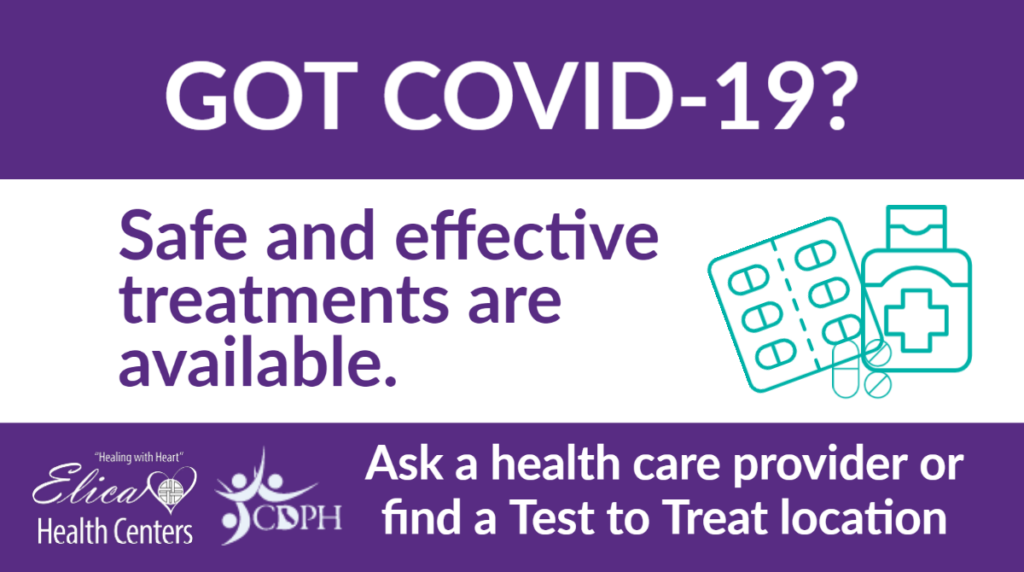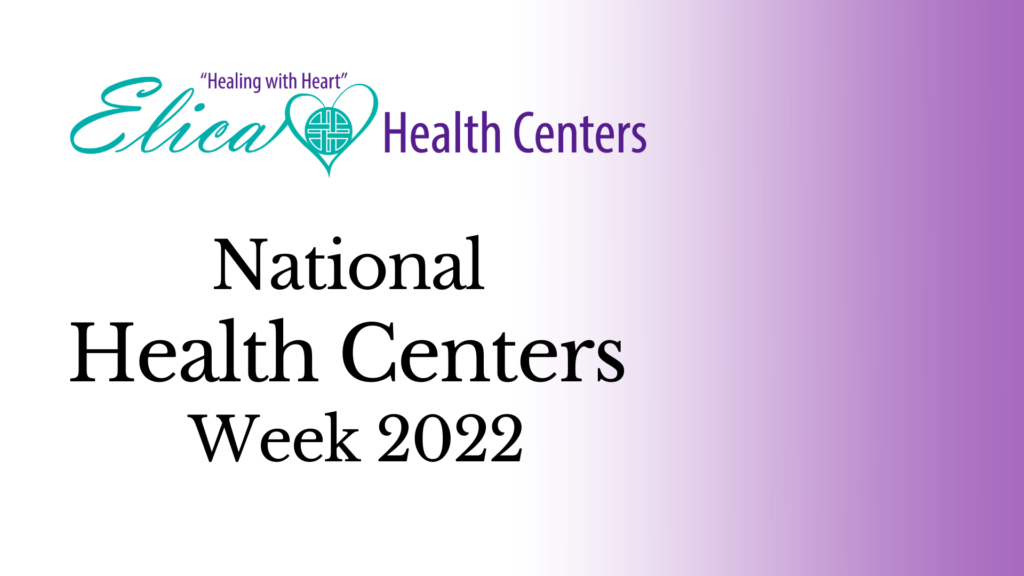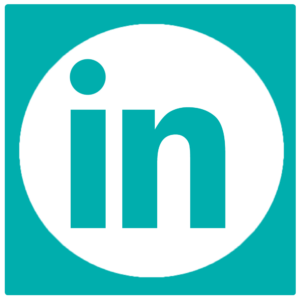EHC Integrates New Technology for Diabetes
Stay involved in your health - sign up for our online portal!
Sacramento, California-based health center launches first-of-its-kind program to support patients in taking their medications through video
BALTIMORE, Md. (August, 2019) – emocha Mobile Health announced today that Elica Health Centers, a Federally Qualified Health Center (FQHC) located in Sacramento, California, will implement the company’s asynchronous video technology to help support patients with Type 2 diabetes. In utilizing emocha’s video Directly Observed Therapy platform, staff and clinicians will have a streamlined way to communicate with patients, and empower them to take each dose of medication throughout their treatment. Elica Health Centers is the first organization in California to leverage this technology for diabetes.
“We are excited to partner with the uniquely passionate team at Elica Health Centers to support their patients,” said Sebastian Seiguer, CEO at emocha. “Leveraging emocha is an innovative way for community health centers to improve medication adherence and health outcomes, since we know that medication only works if taken as prescribed.”
Patients with uncontrolled diabetes are at higher risk of life-threatening complications and comorbidities, including heart disease, stroke, kidney failure, infection, and diabetic ketoacidosis. While these conditions often require hospitalization and emergency attention, they can be reduced significantly when medication regimens are followed. Medication nonadherence is a well-documented and common problem among patients with Type 2 diabetes, affecting at least half of the population — if not more.
Patients enrolled in emocha’s program use the HIPAA-compliant mobile application to video-record themselves taking their diabetes medications, and can also report side effects, access local resources, receive medication reminders, and track their treatment progress. Case managers at Elica Health Centers then assess and evaluate data through a secure web portal, engage with patients through the application to provide additional support, and intervene if side effects or nonadherence are reported. The case managers also ensure that diabetes medications are taken properly, and they educate patients on proper medication technique.
“Offering emocha is an innovative strategy to help our patients lead healthier lives,” says Scott Needle, MD, FAAP, CMO at Elica Health Centers. “By staying connected to our patients as they take every dose of their medication, we can give them a true partner throughout their care, and help provide support on a timely basis.”
Elica will use HCPCS code G0071 for its Medi-Cal fee-for-service patients, a Medicare and Medicaid code that has offered a more convenient way to support patients and stay connected to them throughout care: potentially lowering healthcare costs if used to improve medication adherence. The code allows providers at FQHCs and Rural Health Clinics to receive payment from Medi-Cal for using communication technology outside of regular billable visits.
emocha is being used across the country for a series of chronic conditions. The University of Maryland Health Partners, a managed care organization, launched emocha for its patients with Type 2 diabetes earlier this year. Among public health departments across the United States, emocha is the most widely used asynchronous video solution for patients with tuberculosis. An NIH-funded study conducted by Johns Hopkins researchers found that emocha helps patients achieve up to 94 percent dose-by-dose medication adherence, while saving health departments approximately $1,400 per patient.
About emocha Mobile Health
emocha empowers patients to take every dose of medication through video technology and scalable human engagement. Patients use a smartphone application to video record themselves taking medication, while providers or emocha’s clinician-led Adherence Service team uses a secure web portal to assess compliance and engage with patients. The platform is being used by public health departments, hospitals, health centers, and managed care organizations across the globe to radically improve medication adherence for patients with tuberculosis, opioid use disorder, hepatitis C, diabetes, and other chronic and infectious diseases. Learn more at www.emocha.com.
About Elica Health Centers (“Elica”)
Elica is a network of 9 health center facilities located in both Sacramento and West Sacramento, which collectively provided services for over 27,000 individuals who accounted for over 100,000 visits in 2018. Approximately 10% of Elica’s patients receive care via its street medicine and mobile clinic programs. Elica provides quality, affordable health care through the operation of professional and compassionate health homes for underserved populations, who are confronted with barriers to accessing care.
National Institutes of Health Statement
Research reported in this publication was supported by the National Institute On Minority Health And Health Disparities of the National Institutes of Health under Award Number R43MD010521. The content is solely the responsibility of the authors and does not necessarily represent the official views of the National Institutes of Health.
Read our Updates
Our Locations
Our Services
Awards and Recognition
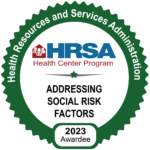
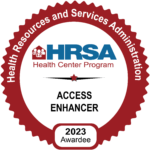
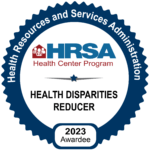
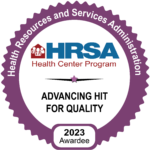
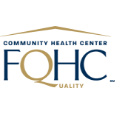

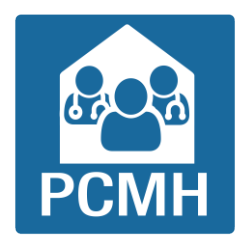
Copyright © 2024 | Elica Health Centers
